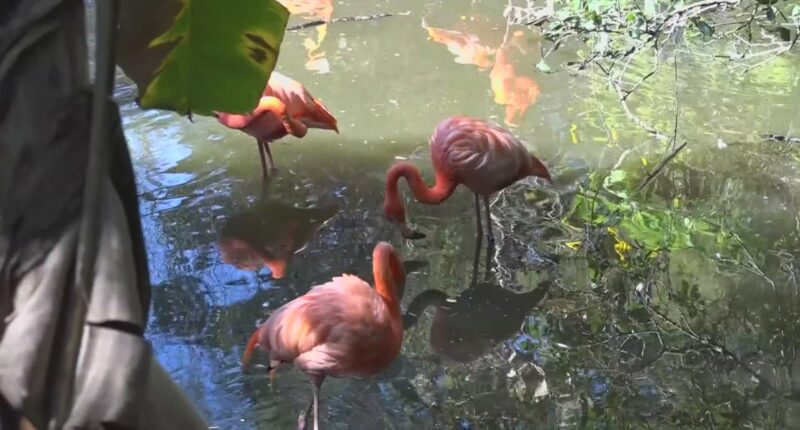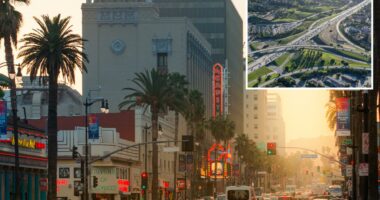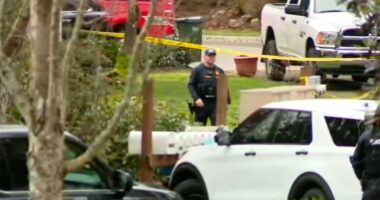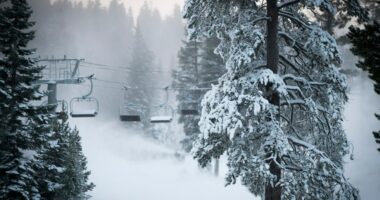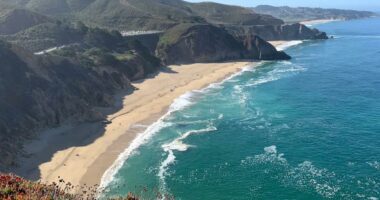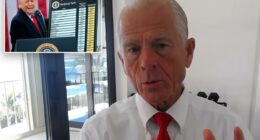Share this @internewscast.com
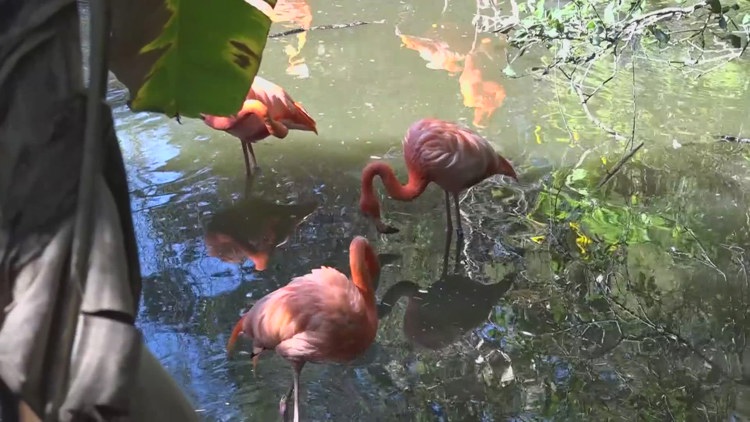
In a delightful twist of fate, Florida is witnessing a resurgence in its flamingo population, a sight not seen since the mid-20th century. Once nearly eradicated by hunters who prized their feathers for fashion accessories like hats, these elegant birds are making a surprising comeback.
The turning point came in August 2023 when Hurricane Idalia disrupted the migratory path of flamingos, scattering them across the eastern United States. Remarkably, many of these vibrant travelers have decided to settle permanently in the Sunshine State.
Danielle Minkus, a senior bird care specialist at Jacksonville Zoo and Botanical Gardens, shares an exciting update, “This past year, over 120 flamingos were spotted in a single flock in South Florida, consistently remaining in the area.” She notes that previously, the numbers were closer to 90 or 100, indicating a steady increase in the population each year.
Though hurricanes occasionally divert these birds to the southern U.S., it seems that Florida’s environment is uniquely enticing for them. “This is their natural habitat,” Minkus explains. “The Everglades, with its marshy and swampy areas, provide an ideal setting for flamingos with abundant food sources and excellent nesting grounds.”
It appears that Florida’s landscapes are not just a temporary stopover but a welcoming home for these iconic birds, heralding a hopeful chapter in the state’s natural history.
“This is their natural habitat,” said Minkus. “They want to be hanging out in the Everglades, places with water that are real marshy and swampy. That’s where their food is located. It’s a great nesting ground for them, so this is where they want to be.”
Could flamingos one day make the First Coast their home?
“We’re seeing them slowly creep further and further north,” said Minkus. “They just haven’t made it all the way up to Jacksonville yet.”
And when asked if she thinks wild flamingos will live in Jacksonville one day, Minkus said, “It is possible. We don’t have any wild flamingos here in Jacksonville right now, but you can see them here at the Jacksonville Zoo and Botanical Gardens.”
So, you’re saying there’s a chance!
